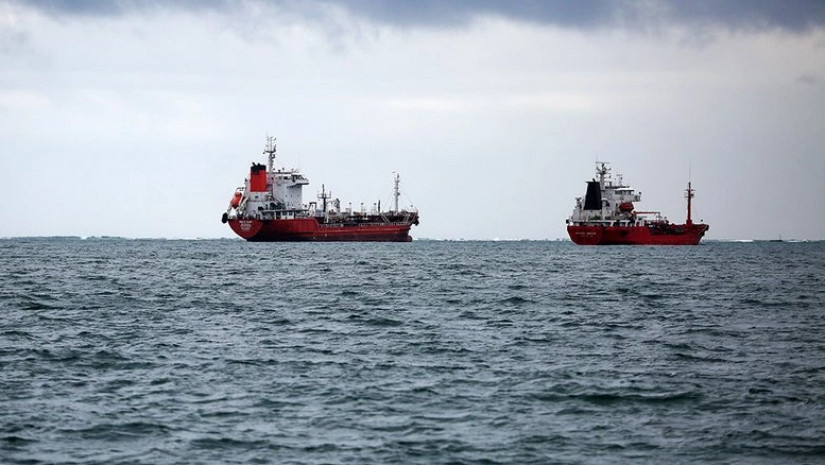The National Environmental Agency of the Ministry of Environmental Protection and Agriculture of Georgia has conducted a comprehensive study of water quality and biodiversity in the Georgian waters of the Black Sea, in line with the European Union’s Water Framework Directive (WFD) and Marine Strategy Framework Directive (MSFD).
As part of the study, Agency specialists collected samples at 15 monitoring points along the Black Sea coast. Physical and chemical parameters were measured on-site, while detailed biological and chemical analyses will be carried out in the Agency’s laboratory, which is equipped with high-precision analytical instruments that meet EU standards. Results will be made public upon the completion of the laboratory phase.
The initiative is part of a broader effort to enhance environmental monitoring of Georgia’s Black Sea coastline and continental shelf, ensuring alignment with EU environmental directives.
The study was conducted within the ongoing EU-supported project “Innovative Joint Training for Developing Environmentally Friendly Behavior of Communities Living in the Black Sea Basin.” The project is co-financed by the European Union under the Interreg NEXT Black Sea Basin Programme and aims to foster sustainable environmental behavior, reduce pollution, and promote conservation efforts across the region.
The National Environmental Agency notes that Black Sea water quality monitoring is an ongoing priority and forms a key part of Georgia’s environmental protection strategy.









